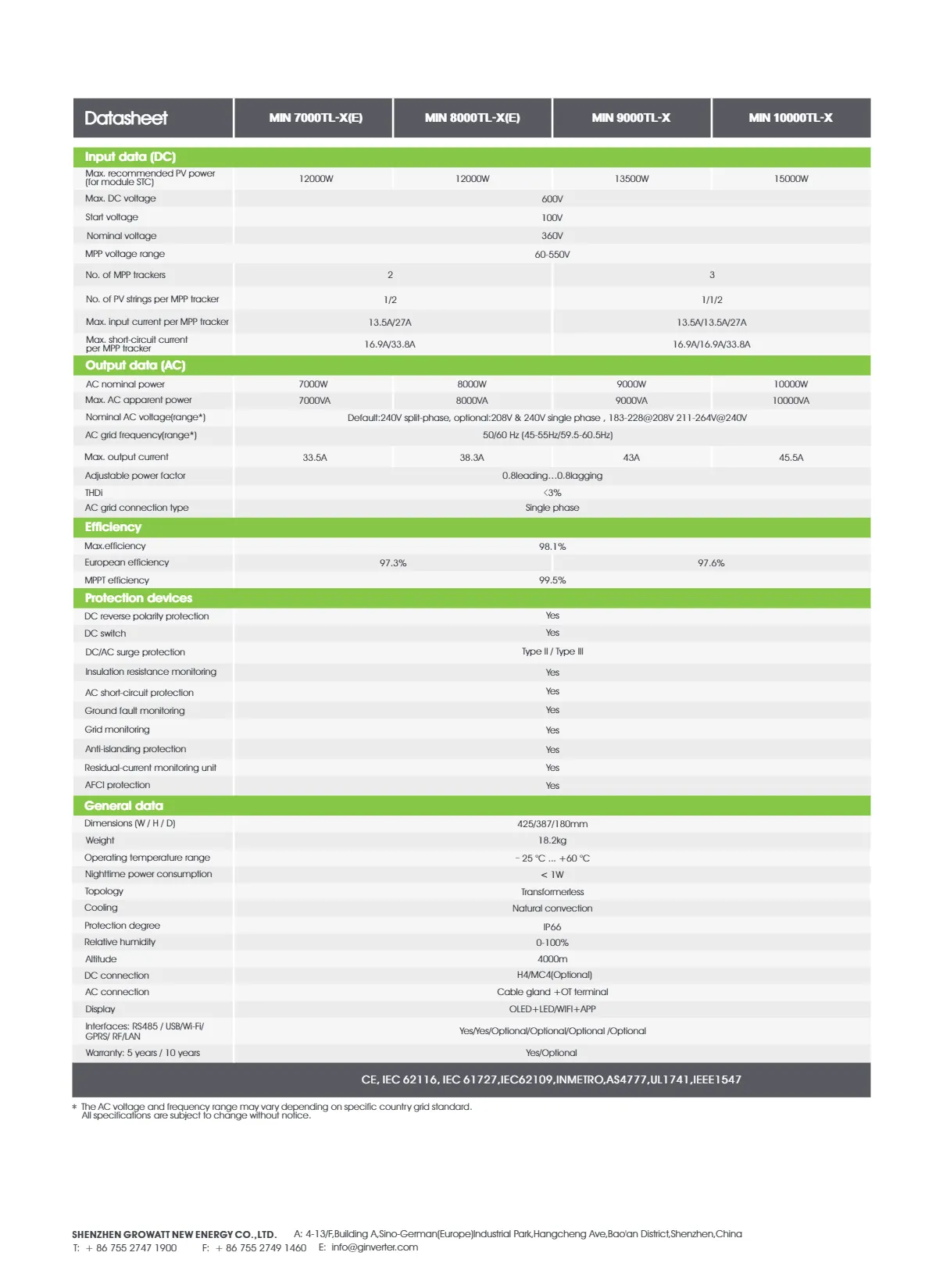Optimizing Solar Energy Collection Through Advanced Tracking Technologies
The Importance of Solar Tracking Systems in Renewable Energy
As the world increasingly turns towards renewable energy sources, solar power has emerged as one of the most viable options for sustainable electricity generation. However, maximizing the efficiency of solar power systems is crucial for their widespread adoption. One innovative solution that has gained traction is the solar tracking system.
A solar tracking system is designed to optimize the angle at which solar panels receive sunlight throughout the day. Unlike stationary solar panels, which remain fixed in one position, tracking systems actively adjust the panels' orientation. This allows them to follow the sun's trajectory from sunrise to sunset, significantly enhancing energy production.
The primary benefit of solar tracking systems lies in their ability to capture more sunlight. Studies have shown that tracking systems can increase solar energy generation by 20% to 50% compared to fixed installations. This substantial increase is especially important in regions where sunlight is both abundant and critical for meeting energy demands.
solar tracking system

There are two main types of solar tracking systems single-axis and dual-axis. Single-axis trackers rotate on one axis, typically oriented north to south, enabling the panels to move horizontally throughout the day. Dual-axis trackers, on the other hand, can adjust on both vertical and horizontal axes, allowing for maximized solar exposure throughout the year, even in varying seasonal conditions.
While solar tracking systems offer numerous advantages, they also come with challenges. The initial investment in tracking technology can be higher than that of fixed systems. However, this cost can often be offset by the increased energy output and subsequent savings on electricity bills. Additionally, tracking systems may require more maintenance and have higher operational complexities, which must be considered in the overall project evaluation.
In the context of global efforts to combat climate change and reduce dependency on fossil fuels, the significance of solar tracking systems cannot be overstated. As technology advances, we are seeing innovations that reduce the costs and improve the reliability of these systems. Furthermore, with the decline in solar panel prices and advances in energy storage solutions, the combination of tracking systems and modern solar technologies is likely to play a pivotal role in the transition to a greener economy.
In conclusion, solar tracking systems represent a promising advancement in solar energy technology. By enhancing the efficiency of solar power generation, these systems not only contribute to individual energy needs but also support global sustainability goals. As we move towards a more energy-conscious future, investing in such technologies will be essential for maximizing the potential of renewable energy sources.
-
Unlocking Energy Freedom with the Off Grid Solar InverterNewsJun.06,2025
-
Unlock More Solar Power with a High-Efficiency Bifacial Solar PanelNewsJun.06,2025
-
Power Your Future with High-Efficiency Monocrystalline Solar PanelsNewsJun.06,2025
-
Next-Gen Solar Power Starts with Micro Solar InvertersNewsJun.06,2025
-
Harnessing Peak Efficiency with the On Grid Solar InverterNewsJun.06,2025
-
Discover Unmatched Efficiency with the Latest String Solar InverterNewsJun.06,2025







